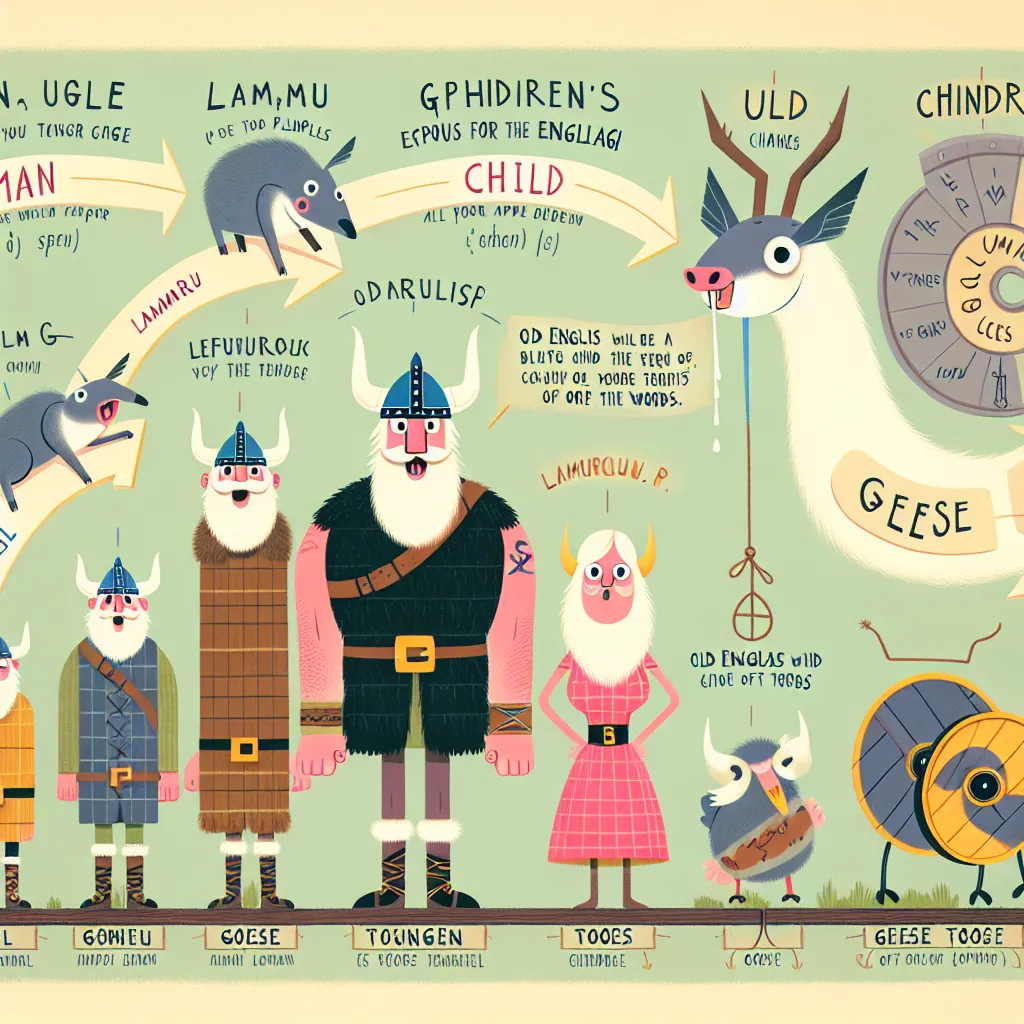In the 1950s, a mathematician named Nicolas Bourbaki applied to the American Mathematical Society. Despite his significant influence and the fame of his published articles and textbooks, his application was rejected. The reason? Nicolas Bourbaki simply did not exist.
The story begins in the 1930s when mathematics was a mess. The aftermath of World War I had left the field fragmented and disconnected. Different branches pursued their own methods without a common language to unify their efforts.
In 1934, a group of frustrated French mathematicians from the École Normale Supérieure decided to take action. They were dissatisfied with their calculus textbook and set out to create something better. This small group quickly grew, and so did their ambitions. They aimed to craft a comprehensive framework that brought together every branch of mathematics under a consistent logic system.
Their ambitious project resulted in the “Éléments de mathématique,” a treatise starting with simple axioms and building up to complex theorems. Their goal was to establish consistent rules that applied broadly across the field. They redefined key mathematical concepts like functions, aiming for clarity and universality.
Think of a function as a bridge between two sets. For instance, one function might assign each number to the same letter, which isn’t very interesting. Another might assign each number to a different letter, establishing a logical relationship where changes in the input produce corresponding changes in the output. This group described functions as injective, surjective, or bijective based on their mapping characteristics, providing a foundation for logic that could be applied across different domains.
Their methodical approach challenged the view of math as an intuitive science and instead embraced rigorous logic. They published their work under the playful pseudonym Nicolas Bourbaki, presenting him as a reclusive genius. This fictitious mathematician became a staple in mathematical literature, sending telegrams, announcing his daughter’s wedding, and even insulting doubters.
As the years passed, Bourbaki’s influence grew. His publications became essential references, and his persona was maintained with a mix of seriousness and humor. In 1968, when the joke had run its course, the group published Bourbaki’s “obituary,” filled with mathematical jokes.
Although Nicolas Bourbaki was a fictional character, the impact of his “work” is real. Modern mathematics, with its emphasis on formal proofs and rigorous methods, owes much to the standards set by this mythical mathematician. Bourbaki may have been imaginary, but his legacy endures.






